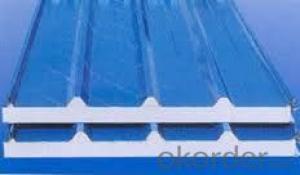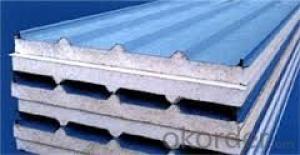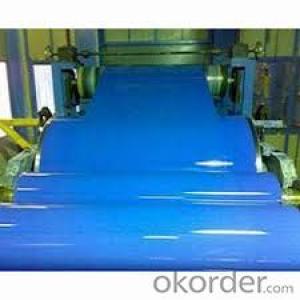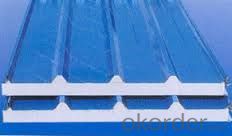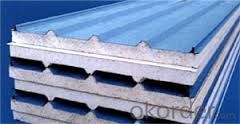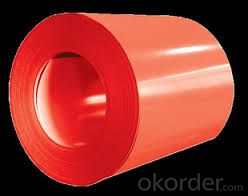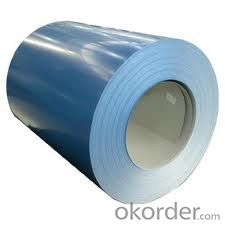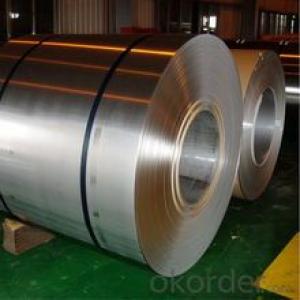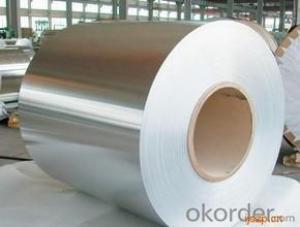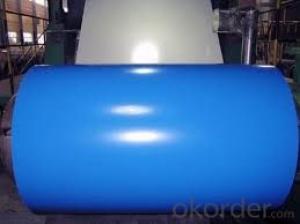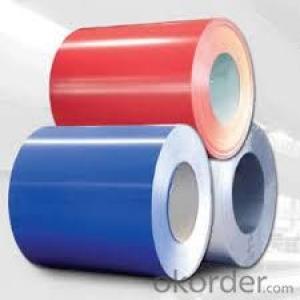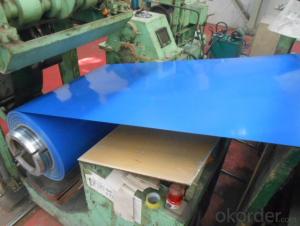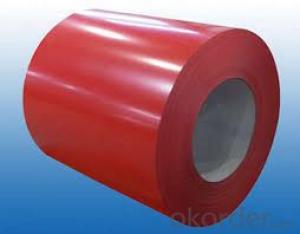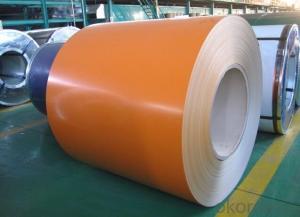Prepainted Galvanized Rolled Steel Coil Sheet-CGLCC
- Loading Port:
- Tianjin
- Payment Terms:
- TT OR LC
- Min Order Qty:
- 30 m.t.
- Supply Capability:
- 500000 m.t./month
OKorder Service Pledge
OKorder Financial Service
You Might Also Like
Description:
Prepainted Galvanized Steel usually refers to have substrateprocessed with surface processed and coated then(roller coated )or bonded organic thin film and baked, and it is able to be processed tofinal prodevtion .
PrepaintedGalvanized Steel qualified with excellent decorative ,formability ,corrosionresistance ,coating adhesion ,can keep for a long time as well as maintainfresh color .For color coated steel sheet can obtain good economicbenefit by steel belt wood ,efficient in construction and save energy ,preventpollution etc.Which is an ideal material;for manufacturing board.
Applications:
It can be widely used in transportation, light industry, civil usage and farming. It is also the perfect building material in construction for making steel roofing,insulation panel, corrugate sheet, facade wall,shutters,T-bar and home appliance.
Packaging & Delivery:
The packing of coils consists of anti-damp paper, PVC film, hardboard paper, steel box, strapped with steel strips, fitted with locks and edge protectors and guarantees the optimal condition of the delivered goods. Each coil can be additionally fitted with wooden/steel skids(eye to the side) or wooden pallets(eye to the sky).
Images:
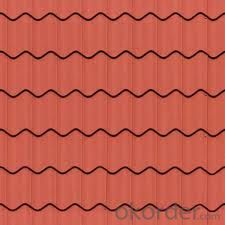
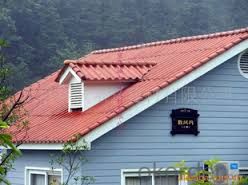
- Q: Are Danielle steel books good to read. Im 15 , but do I have to wait until Im a bit older.
- Wait until you are eighty, the dementia will make the process less painful Otherwise, you know best how mature you are and Danielle Steel is sugary romance, not really sex.
- Q: What is the role of steel coils in the production of storage shelves?
- Steel coils are used in the production of storage shelves to provide strength and durability. The coils are processed and shaped into various components of the shelf, such as the frame, shelves, and brackets. This ensures that the shelves are able to withstand heavy loads and maintain their structural integrity over time. Steel coils also offer corrosion resistance, making them suitable for use in storage environments.
- Q: many sword sellers sell swords made of 440 and stainless, i know those are both totally **** for real swords. so are 1045, 1060, or 1095 good grades of steel for a sword?
- Carbon Steel is the most common, while most live-steel(designed for use) ready sword utilize on of the spring steels you mentioned. Hybrid steel like those used in the Slayer series seem neigh-indestructible. The steel should be strong enough to not notch on a strike, but flexible enough to flex when you bend it, lest it shatter on a hard blow.
- Q: How are steel coils coated for corrosion resistance?
- Steel coils are typically coated for corrosion resistance using various methods such as hot-dip galvanizing, electroplating, or applying a protective layer of paint or powder coating.
- Q: What are the pros and cons to selecting a graphite shaft sand wedge over steel shaft?
- The way to resolve the selection is to go with the shaft that matches the other clubs in your set. If you have steel shafted irons go with steel. You will find the similar feel when you hit shots is most important.
- Q: How are steel coils transported?
- Steel coils are typically transported using specialized flatbed trucks or railcars. The coils are carefully loaded onto these vehicles and secured using straps or chains to prevent any movement during transit. In some cases, shipping containers are also used to transport steel coils via cargo ships.
- Q: What are the different surface treatments available for steel coils?
- There are several different surface treatments available for steel coils, including galvanizing, painting, and powder coating. Galvanizing involves applying a layer of zinc to the surface of the steel to provide corrosion resistance. Painting involves applying a layer of paint to the surface to enhance its appearance and protect it from rusting. Powder coating is a process where dry powder is electrostatically applied to the steel surface and then cured under heat to form a protective and decorative coating.
- Q: does he use a nylon guitar or steel?
- Clearly it's nylon strings. Didn't you ask this before? You can hear the difference in tone, and the construction of the guitar is different than a steel stringed model.
- Q: What are the common coil edge finishes?
- Some common coil edge finishes include slit edge, mill edge, and deburred edge.
- Q: Can steel coils be used in the production of packaging materials?
- Yes, steel coils can be used in the production of packaging materials. Steel coils are often used as the core material for packaging materials such as metal strapping and steel banding. These coils are strong, durable, and provide excellent tensile strength, making them ideal for securing and protecting various products during transportation and storage. Additionally, steel coils can be easily shaped and formed into different packaging components, ensuring a secure and reliable packaging solution for a wide range of industries.
Send your message to us
Prepainted Galvanized Rolled Steel Coil Sheet-CGLCC
- Loading Port:
- Tianjin
- Payment Terms:
- TT OR LC
- Min Order Qty:
- 30 m.t.
- Supply Capability:
- 500000 m.t./month
OKorder Service Pledge
OKorder Financial Service
Similar products
Hot products
Hot Searches
Related keywords
